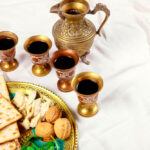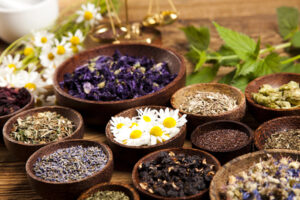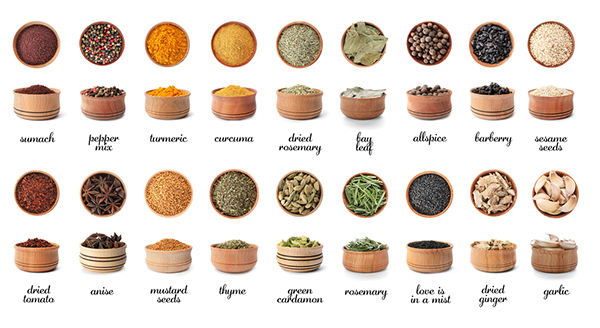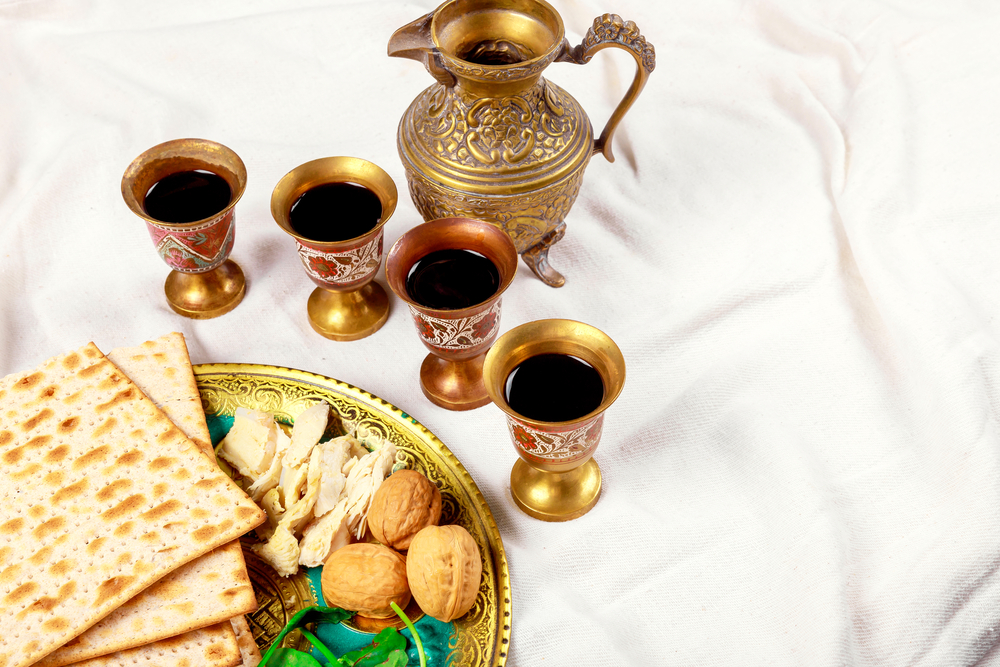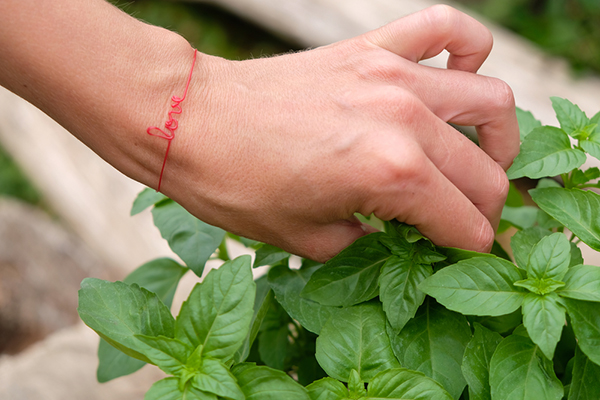Bitter Herbs: Significance, Uses, and Biblical Importance Bitter herbs have a rich history and hold significant cultural, culinary, and medicinal importance. From their crucial role in Passover traditions to their mention in the Bible, these herbs are revered for their distinctive flavors and health benefits. This article delves into what bitter herbs are, their […]
A Guide to Medicinal Herbs
The Ultimate Guide to Medicinal Herbs: Growing, Using, and Preserving
Medicinal herbs have been an integral part of traditional medicine for thousands of years. These natural remedies offer a wealth of health benefits, from boosting immunity to soothing digestive issues. Growing your own medicinal herbs can be a fulfilling and practical endeavor, providing fresh and potent ingredients for home remedies. This article explores medicinal herbs and plants, the best varieties to grow, and essential tips for cultivating your own herbal garden. We’ll also review a valuable book that can guide you through this journey.
Understanding Medicinal Herbs
Medicinal herbs are plants known for their therapeutic properties. These herbs can be used to treat various ailments, promote general wellness, and enhance culinary dishes. Common medicinal herbs include chamomile, known for its calming effects, and peppermint, used for digestive relief.
Medicinal Plants and Herbs
Medicinal plants and herbs encompass a wide range of species, each with unique health benefits. Here are some commonly used medicinal herbs:
- Echinacea: Boosts the immune system and helps fight infections.
- Lavender: Relieves stress and anxiety, and promotes restful sleep.
- Ginger: Eases nausea, aids digestion, and has anti-inflammatory properties.
- Turmeric: Contains curcumin, a powerful anti-inflammatory and antioxidant.
- Aloe Vera: Soothes skin irritations and promotes wound healing.
Medicinal Herbs to Grow
Growing your own medicinal herbs can be a rewarding experience. It ensures you have a fresh supply of herbs with maximum potency. Here are some medicinal herbs that are relatively easy to grow:
- Basil: Apart from its culinary uses, basil has anti-inflammatory and antibacterial properties.
- Thyme: Known for its antiseptic qualities, thyme is excellent for respiratory health.
- Calendula: Used for skin conditions and to promote healing of minor wounds.
- Lemon Balm: Calms the nervous system and aids in digestion.
- Sage: Helps with digestive issues and has antibacterial properties.
Best Medicinal Herbs to Grow
When selecting medicinal herbs to grow, consider their growing conditions, uses, and how well they thrive in your climate. Here are some of the best medicinal herbs to cultivate:
- Chamomile: Prefers sunny locations and well-drained soil. It’s excellent for making soothing teas.
- Peppermint: Thrives in partial shade and moist soil. Great for digestive issues and headaches.
- Echinacea: Grows well in full sun and tolerates poor soil. It’s known for boosting immunity.
- Lavender: Needs full sun and well-drained soil. It’s perfect for stress relief and improving sleep.
- Valerian: Prefers partial shade and moist, well-drained soil. It’s effective for insomnia and anxiety.
Cultivating Medicinal Plants and Herbs
Growing medicinal herbs requires some basic knowledge and care. Here are some tips to get you started:
- Soil Preparation: Most medicinal herbs prefer well-drained soil rich in organic matter. Adding compost can improve soil fertility.
- Watering: Medicinal herbs generally require regular watering, especially during dry spells. However, be cautious of overwatering, which can lead to root rot.
- Sunlight: Ensure your herbs receive adequate sunlight. Most medicinal herbs need at least six hours of sunlight daily.
- Harvesting: Harvest herbs in the morning after the dew has dried but before the sun is too hot. This preserves their essential oils and medicinal properties.
- Drying and Storing: Dry herbs in a dark, well-ventilated area to preserve their potency. Store dried herbs in airtight containers away from direct sunlight.
Book Review: “Herbal Medicine from the Heart of the Earth” by Dr. Sharol Tilgner
For those interested in a comprehensive guide to medicinal herbs, “Herbal Medicine from the Heart of the Earth” by Dr. Sharol Tilgner is an invaluable resource. This book covers the cultivation, harvesting, and uses of a wide variety of medicinal herbs. Dr. Tilgner, a renowned herbalist, shares her expertise in a clear and accessible manner, making it an excellent guide for both beginners and experienced herbalists.
The book provides detailed profiles of each herb, including its medicinal properties, preparation methods, and recommended dosages. Additionally, it offers practical advice on creating your own herbal remedies, from teas and tinctures to salves and poultices. Dr. Tilgner’s holistic approach emphasizes the importance of integrating herbal medicine into daily life for overall wellness.
Growing and using medicinal herbs is a practical and enriching practice that connects you with nature’s healing power. By selecting the best medicinal herbs to grow and following proper cultivation techniques, you can create a thriving herbal garden. Whether you’re new to herbalism or looking to expand your knowledge, resources like Dr. Sharol Tilgner’s “Herbal Medicine from the Heart of the Earth” can provide valuable guidance. Embrace the journey of cultivating medicinal plants and herbs, and enjoy the benefits of these natural remedies in your daily life.
